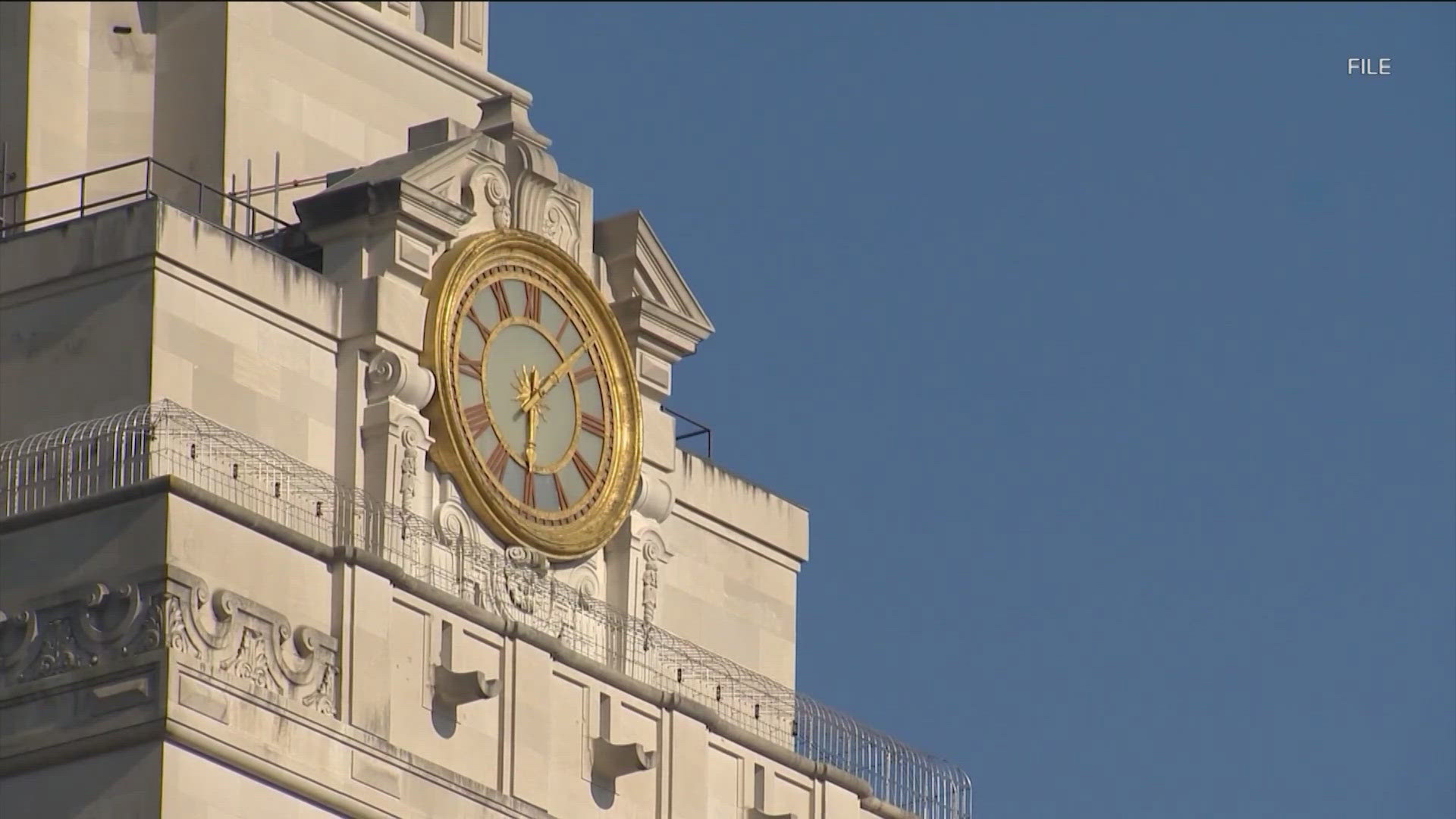AUSTIN, Texas — (The Texas Tribune) - High school students in Texas will need to be in the top 5% of their graduating class to gain automatic admission to the University of Texas at Austin to enroll in the fall of 2026, a harder threshold to meet than the current 6%.
State law requires Texas public universities to provide automatic admission to Texas high schoolers who were in the top 10% of their graduating class. The Texas Legislature adjusted the rules for UT-Austin in 2009 to leave space for the university to accept other students, such as out-of-state students and student athletes.
The top-ranked university has since been allowed to cap its automatic admittees to 75% of each freshman class. The remaining 25% is admitted through a holistic process that considers factors such as grade point average, extracurriculars and personal essays.
The university can adjust the threshold for automatic admission every year to hit that balance. UT-Austin last lowered its automatic admission threshold from 7% to 6% in 2017, when a then-record of 51,000 applicants sought to join the university.
The most recent change in the automatic admission rate is because UT-Austin continues to see the number of applicants grow, President Jay Hartzell told the university’s Faculty Council on Monday. The university received a new record of 73,000 applications this year.
UT-Austin did not immediately respond to a request for comment. The Austin American-Statesman first reported the change to the automatic admission rate.
Texas lawmakers created the automatic admissions requirement in 1997 to diversify Texas’ public universities. The thinking behind the law was that Texas high schools are racially and economically divided — and if universities are required to admit the top students from high schools around the state, they’re more likely to end up with a diverse class.
Supporters of the rule say it has helped provide students with equal access to the state’s top schools, though they say it is not the only thing universities can do to increase the diversity of their student bodies. Critics, meanwhile, argue it has been harder for students in well-resourced schools to get admitted to the state’s flagship universities.

